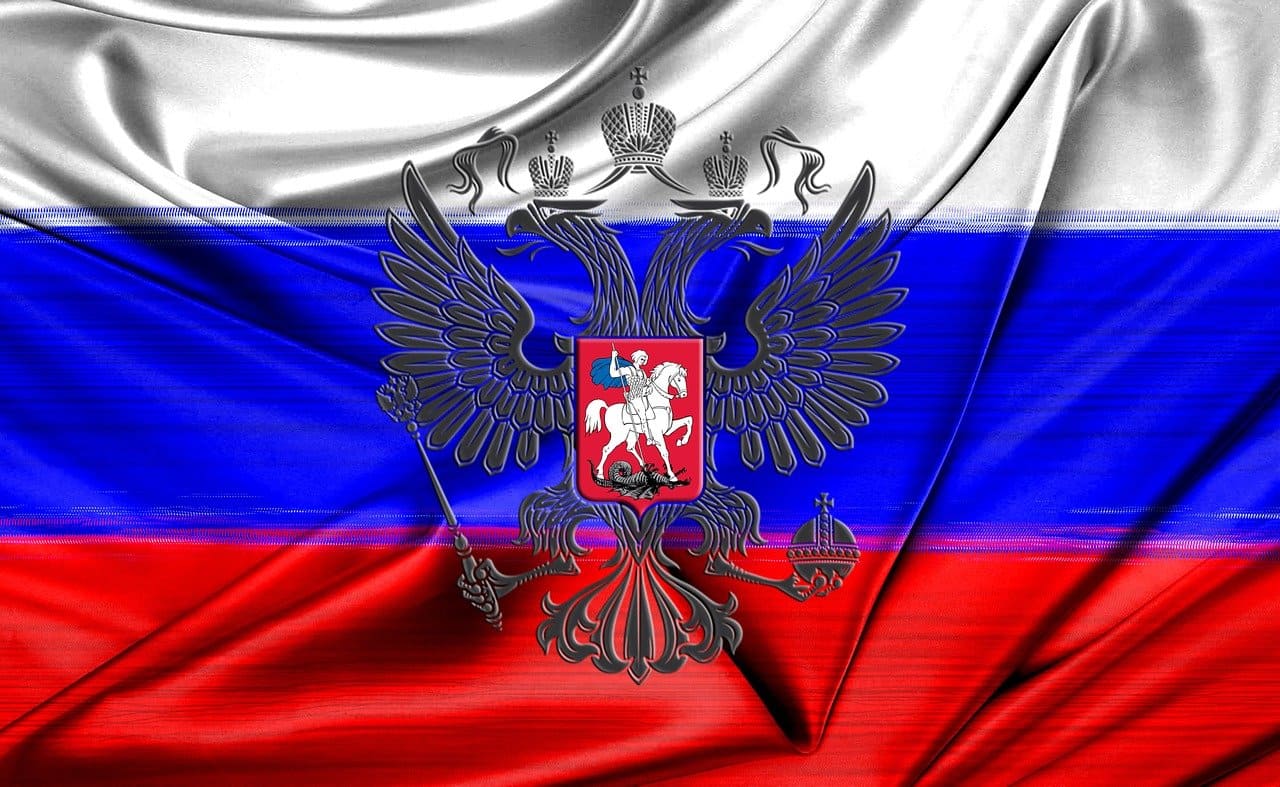The Russian national anthem shares its melodic origins with the “State Anthem of the Soviet Union,” crafted by the esteemed Alexander Alexandrov. In 1944, new verses, penned by Sergey Mikhalkov in collaboration with Gabriel El-Registan, replaced the original anthem, “The Internationale.” This transformation marked a shift towards a more Soviet and Russia-centric anthem. Post-1956, the melody persisted without lyrics.
In 1970, Mikhalkov penned a second set of lyrics, officially adopted in 1977. This rendition downplayed World War II’s significance, focusing more on the triumph of communism while omitting direct references to Joseph Stalin.
During the Soviet Union’s existence, the Russian SFSR lacked a distinct regional anthem, using the National Anthem of the Soviet Union instead. In 1990, the lyrics-free “Patrioticheskaya Pesnya,” composed by Mikhail Glinka, gained official recognition from the Supreme Soviet of Russia. Its confirmation in 1993, after the Soviet Union’s dissolution, by President Boris Yeltsin proved contentious. The anthem’s melody, coupled with its lack of lyrics, failed to resonate with the Russian public, politicians, and public figures. This led to government-sponsored lyrics contests, yielding no adopted entries.
Related article: Mozambique national anthem in English
Modification of Russian national anthem
Glinka’s anthem met its end when Vladimir Putin assumed office on May 7, 2000. In December 2000, the federal legislature sanctioned the music of the National Anthem of the Soviet Union, now with freshly crafted lyrics. This anthem became Russia’s second after the Soviet Union’s dissolution. The government organized a contest for lyrics, ultimately choosing a composition by Mikhalkov. The selected lyrics aimed to evoke and eulogize Russia’s rich history and traditions. Despite public favor for the decision, Yeltsin criticized Putin for reintroducing the Soviet-era national anthem.
Lyrics of the Russian national anthem
Chorus:
Russia, our sacred bastion,
Russia, our adored homeland.
Majestic resolve,
Resplendent glory—an enduring legacy for all eternity!
Chorus:
Hail, our liberated fatherland!
An ageless coalition of kindred nations.
This is the ancestral sagacity bestowed upon us!
Hail, the nation! We take pride in you!
Chorus:
From the meridional seas to the polar extremities,
Our woodlands and meadows unfurl.
Peerless among nations!
Singular are you—divinely shielded, indigenous soil?
Chorus:
Expansive vistas for aspirations and existence.
The forthcoming years will reveal themselves to us.
Our allegiance to the Fatherland endows us with vigor.
Thus it was, thus it is, and thus it shall perpetually be!
Chorus:
Faqs
Q1: What is the origin of the current Russian national anthem, and how did it evolve?
A1: The current Russian national anthem, based on the “State Anthem of the Soviet Union,” changed lyrics and meaning. Sergey Mikhalkov collaborated with Gabriel El-Registan in 1944 to replace the original anthem, “The Internationale.” Additional modifications occurred in 1970 and 2000, with the final version combining the Soviet-era melody with lyrics emphasizing Russia’s history and traditions.
Q2: Why did the Russian SFSR lack a distinct regional anthem during the Soviet Union’s existence?
A2: The Russian SFSR used the National Anthem of the Soviet Union instead of a distinct regional anthem. This continued until 1990 when the lyric-free “Patrioticheskaya Pesnya” by Mikhail Glinka gained official recognition, which was later replaced by the anthem with lyrics in 2000.
Q3: Who composed the anthem recognized in 1990, and why did it face criticism leading to a replacement in 2000?
A3: The anthem recognized in 1990 was “Patrioticheskaya Pesnya,” composed by Mikhail Glinka. It faced criticism due to its lack of lyrics and failure to resonate with the public. Vladimir Putin initiated its replacement in 2000 with the music of the National Anthem of the Soviet Union, featuring new lyrics by Sergey Mikhalkov.
Q4: What was the public sentiment towards the reintroduction of the Soviet-era national anthem in 2000?
A4: Despite positive sentiments among Russians towards the anthem, a controversy arose when Vladimir Putin reintroduced the Soviet-era national anthem in 2000. While 56% of respondents felt pride upon hearing it, former President Boris Yeltsin criticized Putin for the decision.
Conclusion
At last, the Russian people’s sentiment toward the Russian national anthem is positive. A 2009 poll revealed that 56% of respondents felt pride upon hearing the national anthem, with 25% expressing a liking for it.
Related posts:
Kshitij is an experienced professional freelance writer who has contributed significantly to various domains, showcasing expertise in health, fitness, sports, finance, and a myriad of general topics. With a prolific portfolio, Kshitij has demonstrated a versatile ability to delve into diverse subjects, providing valuable insights and information to readers.
